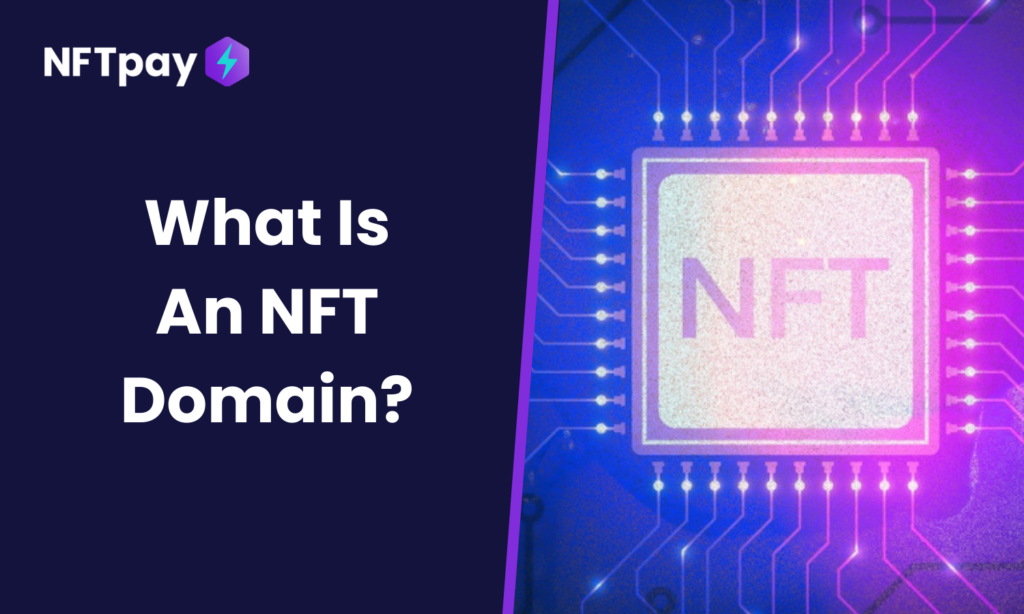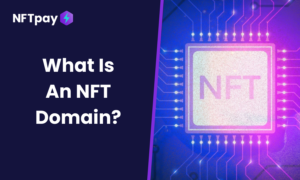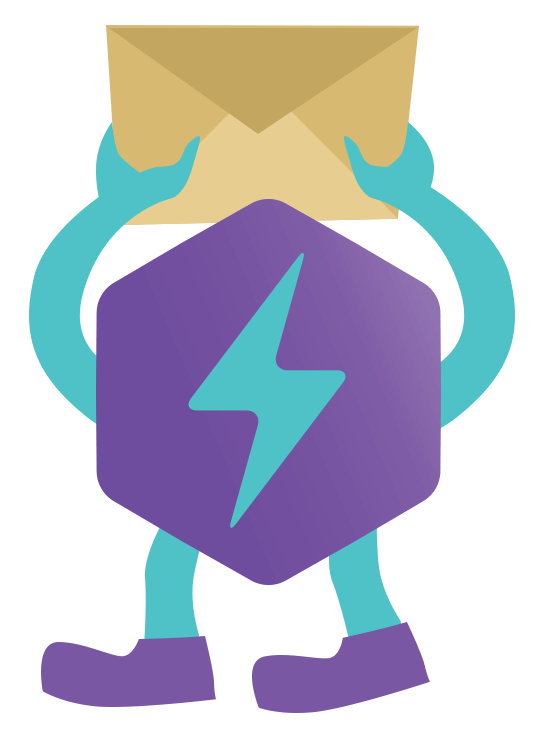What Is An NFT Domain?
In recent years, Non-Fungible Tokens (NFTs) have garnered significant attention as unique digital assets, revolutionizing the art and collectibles market. However, NFTs have expanded beyond artwork and are now venturing into the realm of Internet domains. NFT domains are a novel concept that blends blockchain technology with traditional domain names, offering a new approach to internet identity and ownership. In this article, we will explore what NFT domains are, how they work, their benefits, and their potential impact on the digital landscape.
Understanding NFT Domains
NFT domains are a form of blockchain-based digital asset that represent ownership of internet domains. Traditionally, domain names are acquired through domain registrars and are controlled by centralized authorities. NFT domains disrupt this model by leveraging blockchain technology, specifically blockchain platforms like Ethereum or Handshake, to create unique, verifiable, and tradable domain assets.
NFT domains are governed by smart contracts, which serve as the backbone of their functionality. These smart contracts define the rules and conditions for the ownership and transfer of the domain, ensuring transparency and immutability. By combining the decentralized nature of blockchain and the uniqueness of NFTs, NFT domains offer a groundbreaking approach to internet identity.
How NFT Domains Work
The process of acquiring and managing NFT domains follows a similar pattern to traditional domain registration but with added blockchain elements. Here’s a step-by-step breakdown:
- Minting: NFT domains are created through a process called “minting.” Users can mint new domains by paying a fee, which is typically done through a decentralized marketplace or auction platform. The user becomes the rightful owner of the domain once the minting process is complete.
- Ownership and Control: Once an NFT domain is minted, the owner gains full control over its DNS settings. This allows them to link the domain to a website or other online content, similar to traditional domains.
- Transferability: NFT domains can be transferred to other individuals or entities through peer-to-peer transactions. The transfer process involves initiating a transaction on the blockchain, which updates the ownership records and transfers control of the domain to the new owner.
- Decentralized Resolution: NFT domains leverage decentralized resolution systems, such as the Ethereum Name Service (ENS) or Handshake, to associate domain names with IP addresses. These systems use blockchain technology to ensure transparency, security, and resistance to censorship.
Benefits of NFT Domains
NFT domains offer several advantages over traditional domains, including:
- True Ownership: NFT domains provide unequivocal proof of ownership, recorded immutably on the blockchain. This eliminates concerns of domain confiscation or unauthorized transfers by centralized authorities.
- Interoperability: NFT domains can be used across multiple platforms, seamlessly integrating with decentralized applications (DApps) and blockchain ecosystems. This interoperability opens up new possibilities for developers and users alike.
- Monetization Potential: NFT domains can be bought, sold, or traded on various marketplaces. This presents an opportunity for domain owners to monetize their assets and potentially generate revenue by selling or leasing their domains.
- Enhanced Security: NFT domains inherit the robust security features of blockchain technology, reducing the risk of domain hijacking, DNS attacks, and other vulnerabilities associated with traditional domains.
- Decentralization and Censorship Resistance: By leveraging blockchain, NFT domains mitigate the reliance on centralized authorities for domain management. This decentralization ensures resistance to censorship and promotes freedom of expression.
The Future of NFT Domains
The emergence of NFT domains represents a significant shift in how we perceive and manage internet domains. While still in its early stages, this technology holds vast potential. In the future, we may witness:
- Widened Adoption: As NFT domains gain more recognition and usability, they have the potential to become a mainstream alternative to traditional domains. This increased adoption could lead to a paradigm shift in internet identity management.
- Enhanced Internet User Experience: NFT domains can enable personalized and interactive experiences for internet users. Website owners could create immersive environments where users can engage with NFT-based content or services.
- Expansion of Digital Collectibles: NFT domains can be seen as digital collectibles in their own right. Domain names with high desirability or historical significance may appreciate in value over time, attracting collectors and investors.
The Intersection Of Blockchain & The Internet
Conclusion
NFT domains represent an exciting intersection between blockchain technology and internet domains. These unique digital assets introduce new dimensions of ownership, control, and monetization in the digital realm. While still a nascent field, NFT domains have the potential to reshape internet identity and provide users with enhanced security, decentralization, and interoperability. As the technology evolves and gains wider adoption, we can anticipate an exciting future where NFT domains become an integral part of our digital landscape.









